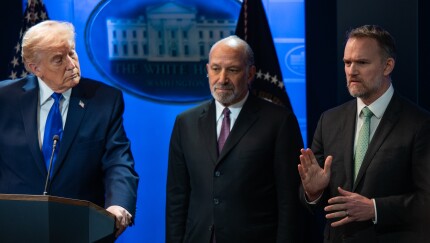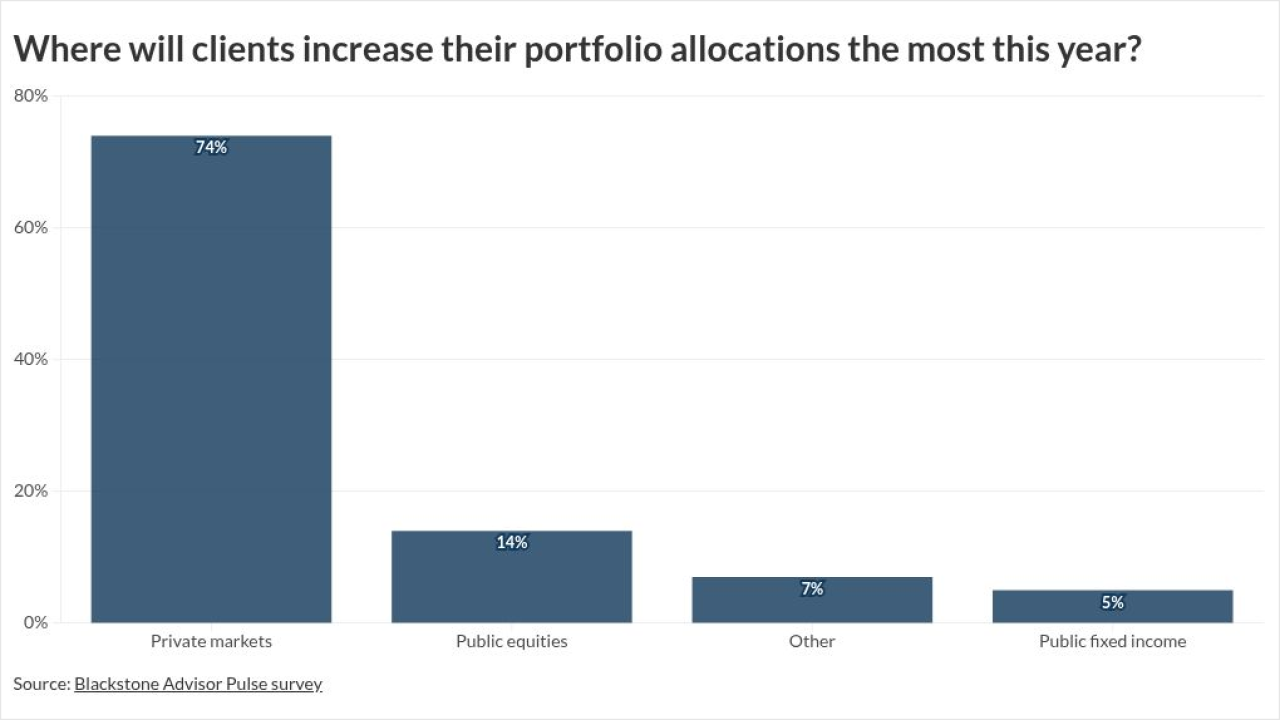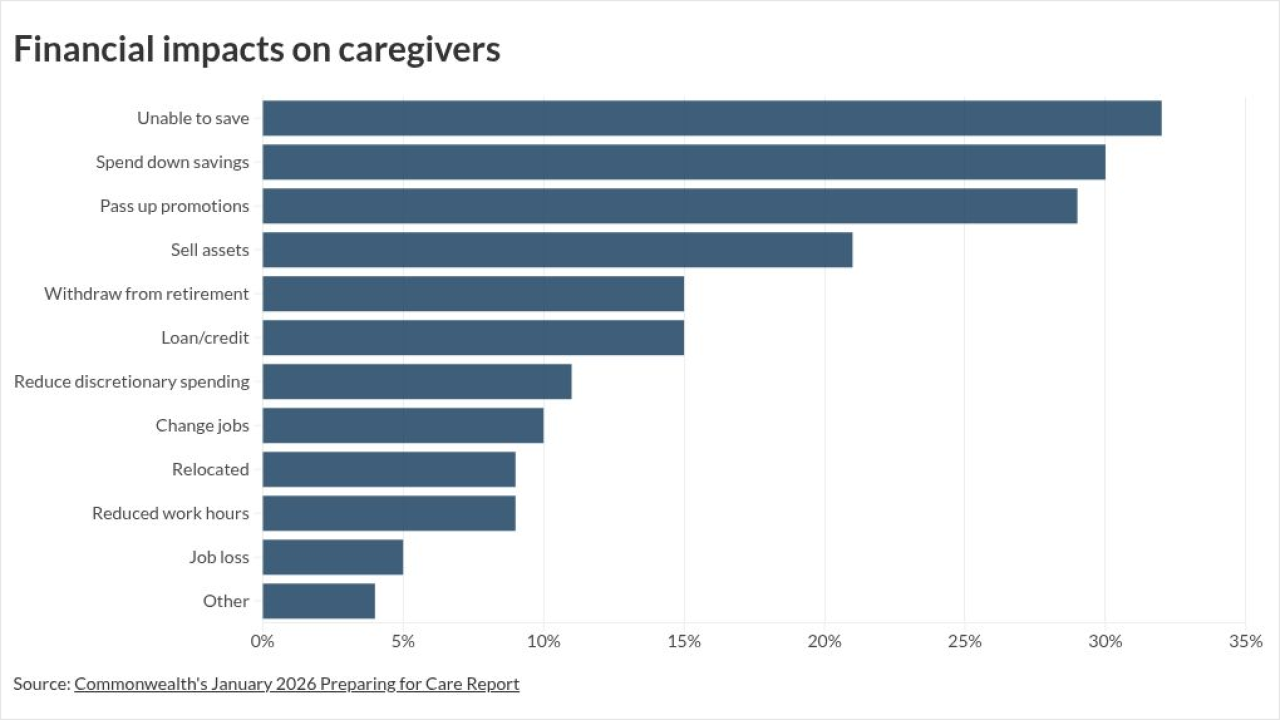DANA POINT, Calif. – It sounded good at first. New ETFs have a bright future, according to an early session of the IMN Global Indexing and ETFs conference, which kicked off on June 25. But I quickly realized the panelists were talking about the bright future for the industry rather than investors. ETFs are gaining market share with 233 new ETFs being launched last year alone. Many, I’m sure, made a fortune for the industry.
Years ago, no one ever imagined there would be over 2,000 ETFs with more than $3 trillion in assets, stated Tom Lydon, editor of ETF Trends. He noted the big providers (iShares, Vanguard, and State Street) control about 60% of the assets. I think that’s because they offer broad low-cost market-cap weighted ETFs. But Lydon predicted future shifts to more active and smart beta strategies in order to add alpha.

LOW-HANGING FRUIT
The active space is a natural for new ETFs, according to moderator, Doug Peta, BCA Research’s chief ETF strategist. But he admitted that they haven’t captured much share despite 40% of new ETFs being active. There is plenty of low-hanging fruit for active, agreed Stephen Clarke, NextShares Solution’s president. No one mentioned my theory, which was they haven’t captured share because, much like active mutual funds, they are expensive, they’ve underperformed and investors don’t want them.
Active ETFs are at the top of their ideas for new ETFs, stated Mebane Faber, Cambria Investment’s CIO. He said they were considering a marijuana-focused ETF that may gather $1 billion in assets. Managed futures is another idea they are considering.
I wanted to raise my hand and note that not a penny has ever been made in the aggregate in the futures market, but I refrained. It has about as much chance of making money for clients as an expensive ETF betting on the baseball season.
The 6-3 Supreme Court ruling against one of President Donald Trump's signature economic policies was consequential, but experts say volatility is unlikely to be over.
A new bipartisan bill would exempt retroactive Social Security payments from federal taxes, easing a surprise financial burden for millions of retirees.
A pair of putative class-action lawsuits this month accuse Edward Jones of allowing information clients enter online to be harvested for use in targeted marketing campaigns.
Of course, smart beta came up and Peta asked how these ETFs could be improved. Paul Kim, managing director of ETF strategy for Principal Global Investors, responded that there could be more factors introduced such as deep value and cash flow-weighted factors. Further, there will be refinements in measuring the factors to build a better mousetrap. The goal is to beat average, Kim stated. He noted that any successful new ETF would have to be concentrated and not own too many stocks, to avoid being a closet index fund. I took that to mean take more uncompensated risk. Common sense isn’t all that common, I think.
In my view, the panel ignored the massive trend of money flowing from active to passive. That’s because costs matter, and active is more expensive and less tax-efficient. I sure hope Lydon is wrong on his prediction of the bright future for active ETFs. Before you put your clients in new ETFs, ask yourself why the strategy would work any better in an ETF wrapper than it did in a mutual fund wrapper.








